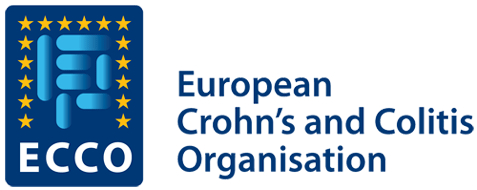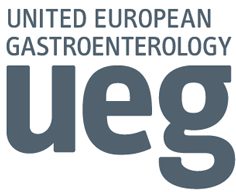Stefan HEM Clermonts kindly shared this recently published study on Quality of Life in Patients following TAMIS. The paper was published in Journal of Gastrointestinal Surgery in March 2018.
Authors: Stefan HEM Clermonts, Tina Van Loon, Dareczka K. Wasowicz, David DE Zimmerman
Background
Transanal minimally invasive surgery (TAMIS) is considered the successor of transanal endoscopic microsurgery (TEMS).
It makes use of more readily available laparoscopic instruments and single-port access platforms with similar perioperative, clinical and oncological outcomes. Little is known about quality of life (QoL) outcomes after the use of TAMIS.
The aim of this study was to assess QoL after TAMIS in our patients and compare this with QoL in the healthy Dutch population.
Methods
All patients undergoing TAMIS for selected rectal neoplasms between October 2011 and March 2014 were included in this analysis. Patients were studied for a minimal period of 24 months.
QoL outcomes were measured using the Short-Form 36 Health Survey (SF-36) questionnaire; faecal continence was measured using the Faecal Incontinence Severity Index questionnaire. Patient reported outcomes were compared to case-matched healthy Dutch control subjects.
We hypothesise that undergoing TAMIS will subsequently result in a decreased quality of life in patients compared to healthy individuals.
Results
Thirty-seven patients (m:f = 17:20, median 67 years) were included in the current analysis. In four patients (10.8%), postoperative complications occurred.
The median follow-up was 36 (range 21-47) months.
Postoperative QoL scores are similar comparable to those reported by Dutch healthy controls.
Patients reported a statistically significant better QoL score in the 'bodily pain' domain when compared to the controls (81.8 vs. 74.1 points) (p = 0.01).
Significant worse QoL scores for the 'social functioning' domain were reported by patients after TAMIS (84.4 vs. 100 points) (p = 0.03).
Conclusion
TAMIS seems to be a safe technique with postoperative QoL scores similar to that of healthy case matched controls in 3-year follow-up. There seems to be no association between faecal incontinence and reported QoL. Negative effects of TAMIS on social functioning of patients should not be underestimated and should be discussed during preoperative counselling.
Full paper can be requested on ResearchGate.
You might also like:








